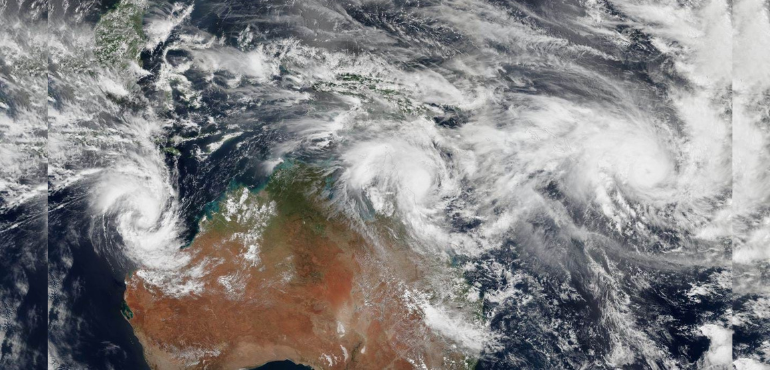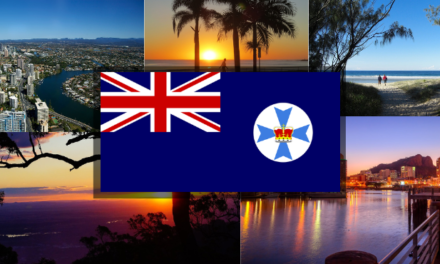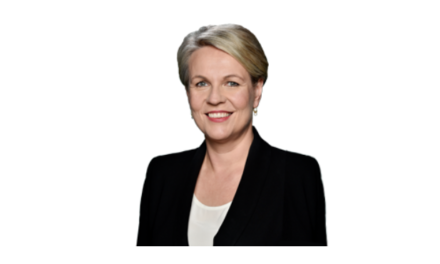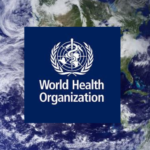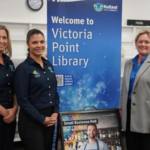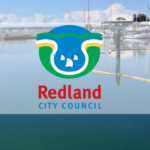In response to the latest scientific advice from Geoscience Australia highlighting the risks posed by severe winds in Southern Queensland, the City of Gold Coast has launched an ambitious initiative aimed at enhancing community safety and resilience.
Gold Coast Cyclone Readiness
Geoscience Australia recently underscored the significant threats posed by severe winds from thunderstorms and tropical cyclones in South East Queensland.
Recognising the potential dangers to lives and property, particularly in densely populated areas with substantial community infrastructure, the City of Gold Coast turned to Geoscience Australia for up-to-date insights and guidance.
Geoscience Australia’s Atmospheric Hazards Team
Craig Arthur, the lead of Geoscience Australia’s Atmospheric Hazards Team, emphasised the importance of understanding these risks, citing historical data showing severe storms damaging older residential housing across the region.
In response to these findings, Geoscience Australia conducted a comprehensive Severe Wind Hazard Assessment for Queensland in 2020, revealing gaps in understanding and research regarding mitigation strategies for severe wind risks, especially in South East Queensland.
Building on this assessment, Geoscience Australia collaborated closely with local governments to produce a targeted Severe Wind Hazard Assessment specific to South East Queensland.
This localised study aimed to pinpoint high-risk areas and vulnerable infrastructure, providing essential data to aid in effective planning and mitigation strategies.
City of Gold Coast Initiative
The City of Gold Coast has swiftly acted upon these findings through its newly launched Program AIR (Advocacy, Information, and Resilience).
This 5-year initiative is designed to prepare the community for the impacts of severe wind and cyclone events by safeguarding critical infrastructure, enhancing community readiness, and promoting resilience.
Tim Baker, CEO of the City of Gold Coast, outlined the program’s objectives, which include advocating for resilient building standards, securing grant funding for homeowners, and raising public awareness about severe wind risks.
The initiative also focuses on strengthening the resilience of city-owned buildings to serve as safe havens during future severe weather events.
Speaking on the collaboration with Geoscience Australia, Mr. Baker highlighted the role of scientific data in guiding proactive measures that protect lives, property, and infrastructure.
Important Points
He underscored the importance of leveraging scientific expertise to predict and mitigate the impact of natural disasters, ensuring that governmental decisions are grounded in robust scientific findings.
Geoscience Australia has made the Severe Wind Hazard Assessment for South East Queensland publicly available, underscoring its commitment to transparency and informed decision-making in disaster preparedness.
For further details about Program AIR, the City of Gold Coast encourages residents to contact them directly via email at DEMU@goldcoast.qld.gov.au.
News and image source: Queensland Government Geoscience webpage

